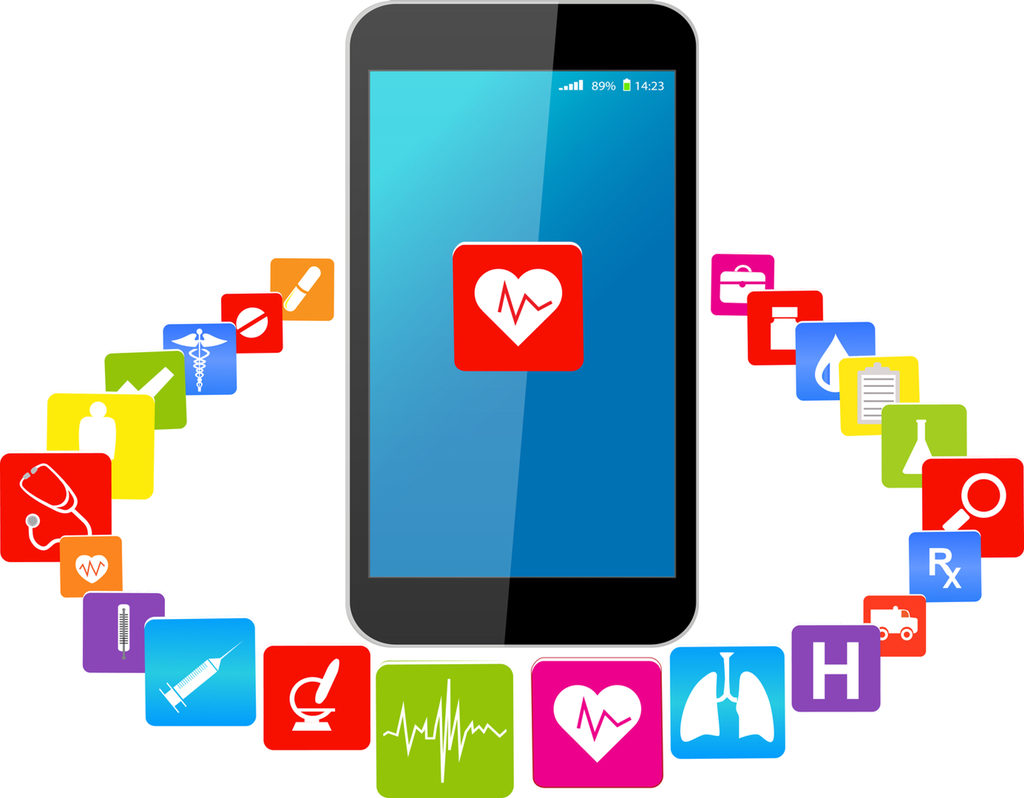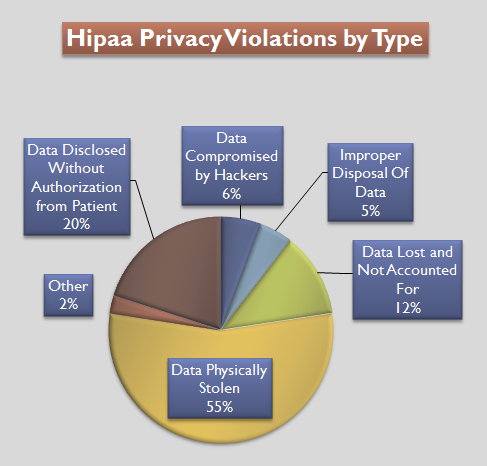
HIPAA, which stands for Health Insurance Portability and Accountability Act, is a United States of America legislation that was passed in 1996. The objective of the act is to protect the medical information of American citizens.
HIPAA has three major provisions –
- Portability
- Medicaid Integrity Program/Fraud
- Abuse
Wondering what it has in relation to mobile app development? Well, hold on. We are getting into the substance of this blog.
HIPAA has great significance in today’s hyper-connected world where mobile health and digital medical records are commonplace.
If you are a healthcare mobile app developer, you know the importance of collecting data and analyzing it for refining the app experience. After all, user data is the only source that can shed light on how well your app is accepted by the user community, the most commonly used features and features that need improvement.
But, when it comes to questions like what kind of data you can collect, how long you can collect and how it is safeguarded, there is not much clarity available anywhere. In fact, it remains a grey area for most of the world, except the EU where GDPR has come into force. It is here that HIPAA positions itself as a formidable statute that can protect the data privacy rights of users.
Before we go any deeper, here are some terminologies that you can keep at the back of your mind to understand the HIPAA context better.
Covered Entities
Individuals and healthcare organizations that implement HIPAA rules and regulations. Eg: Health Clearinghouses, healthcare providers, healthcare plan providers, sometimes, even mobile healthcare app developers.
Protected Health Information (PHI)
Name, location, contact details, previous medical diagnosis records, healthcare account numbers, digital images of scans/x-rays, medical bills, etc.
Treatment, Payment and Health Care Operations (TPO)
Various use cases where PHI can be used without HIPAA authorization.
Notice of Privacy Practice (NPP)
A notice issued by covered entities to patients regarding how their PHI is collected, used or shared. Similar to the disclaimer on cookie policy that is displayed on web browsers.
Why is HIPAA Necessary
Electronic health records contain personal identifiers like patient name, age, gender, medical history, ongoing treatments and so on. Sometimes they are also linked to insurance and special funds to help the patient overcome the difficult situation. All these details are classified as Protected Health Information (PHI). PHI going public is a disaster of great magnitude.

Image Credit: Wikipedia
HIPAA was introduced to create a check on the data collection, protection, and usage. It also doubles up as a standard that ensures that a healthcare organization or a digital healthcare service like a mobile app has the basic defenses put up to prevent cybersecurity attacks like DDoS, Man-In-the-Middle-Attacks, spyware injection, XSS Scripting, etc. from taking place.
A real-life example of a HIPAA violation is Metro Community Provider Network (MCPN), a federally-qualified health center based in Denver, CO. They had to shell out $400,000 to resolve HIPAA compliance issues which included a case of email phishing. When employees replied to the phishing emails, it allowed the hacker to gain access to their email accounts, thereby compromising the electronic PHI of over 3000 patients.
Here are some areas related to healthcare mobile app development where HIPAA has an impact.
Hardware
The covered entities must ensure that there are proper access control and security measures taken to safeguard the PHI collected from patients. For mobile app developers, this translates into the necessity to establish physical and digital safety for their servers where PHI is stored for accessibility or retrieval.
Software
The software programs used must also be insulated from any possible cybersecurity attacks. It should be protected with relevant antivirus software, regular audits and data integrity controls that will prevent the unauthorized access or alteration of the PHI data.
Data storage and encryption
The data should be stored HIPAA compliant servers which are encrypted. Cloud servers should be encrypted using SSL certificates to prevent malicious users from accessing the data.
Here are some pointers that help you build and maintain healthcare apps that are compliant with HIPAA.
- Establish sound system security controls for both hardware and software
- Ensure the app’s privacy policy is properly provided and consent approved from patients prior to its download
- Encrypt the app data exchange, including login sessions and transit sessions
- Store PHI data on HIPAA compliant servers
- Run regular vulnerability assessments and updates
- Provide the ability for users to wipe their information remotely if such need arises
Final Thoughts
Mobile apps and digital healthcare systems have brought healthcare professionals and patients together like never before. You can now book a doctor’s appointment right from your mobile screen. The doctor can review the patient’s current health stats and observations from the last visit within the app interface itself. In fact, there are healthcare apps that can do much more than this. The Apple iWatch is expected to come with an in-built ECG monitor!

We just can’t imagine the sheer amount of healthcare data that is being collected nowadays. While that brings massive benefits to humanity as a whole, it also has a deadly risk waiting on the other side. HIPAA takes the role of a watchdog that looks out for malpractice in collecting or abusing such data collection activities.
Every mHealth app developer needs to ensure that their app is indeed HIPAA compliant. Otherwise, it won’t be long before authorities will come swinging a lasso to pull it down. Also, there is the impending risk that app stores will blacklist or pull down your app from the store until corrective actions are taken.
Author Bio:

Digital Marketing Manager with 7 years of experience. Passionate about the latest trends in Digital Marketing, Technology, Cloud Computing, Healthcare Development, and App Development.
